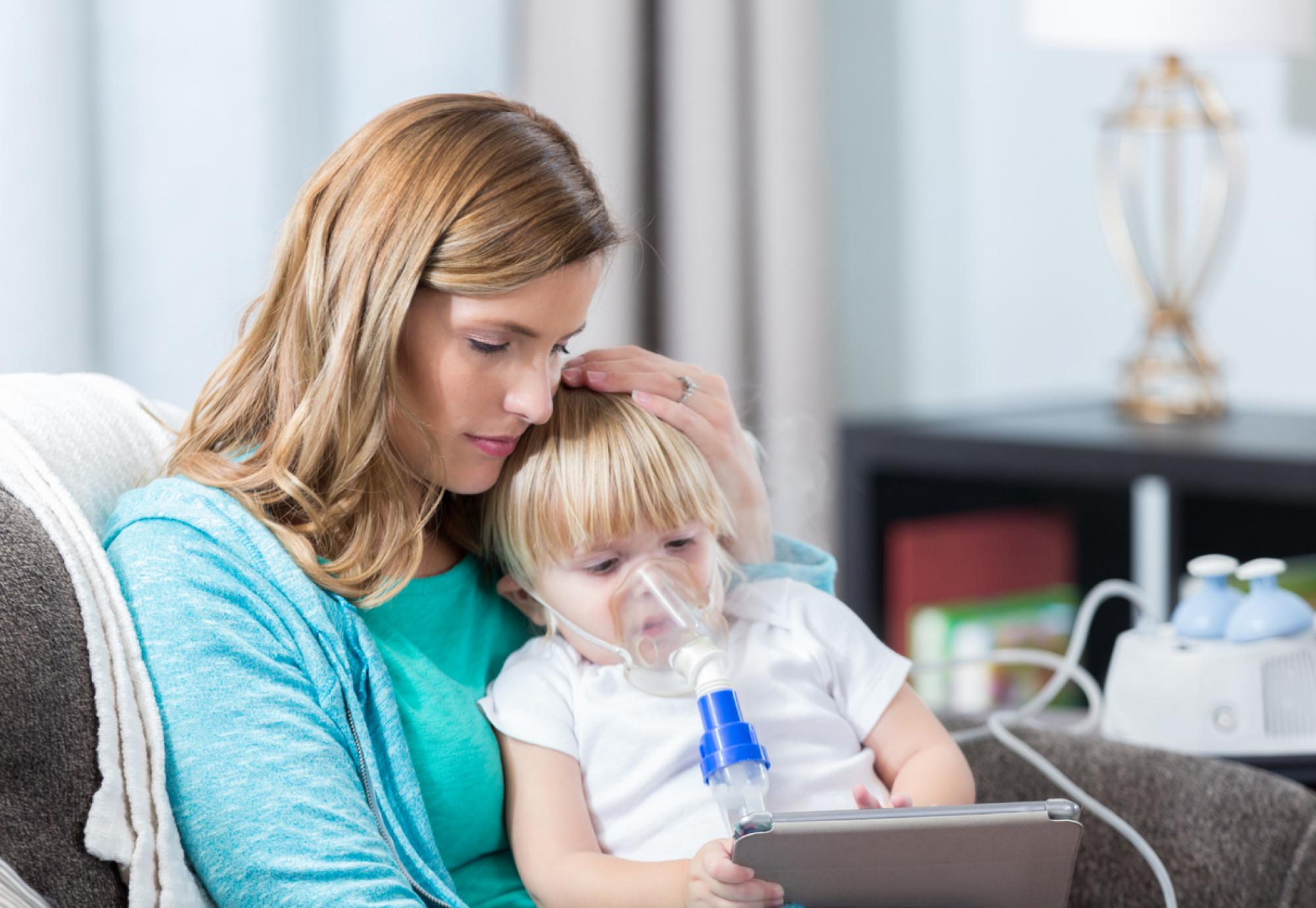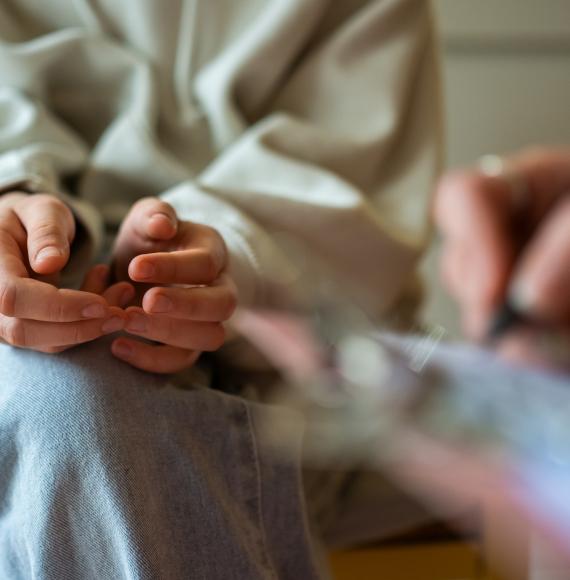Adults with Cystic Fibrosis (CF) have been able to monitor their health from home during the pandemic via a smartphone app, which has helped reduce hospital visits for CF patients receiving intravenous antibiotic treatment. Royal Papworth Hospital (RPH) NHS FT, launched a first-of-its-kind study called Project Breathe in February 2019, allowing people with CF to monitor their health at home.
Historically, visiting the hospital was the only way for a clinical team to monitor CF patient’s health, and, even before Covid-19, patients would have to wear masks when in hospital to protect themselves from picking up infections, which would impact those with CF even more than those without.
Patients are allocated devices, such as a Fitbit and electronic scales that measure key indicators such as lung function, blood oxygen levels, weight, sleep and temperature. That data is then uploaded to an app on their phone and sent to the hospital, enabling clinicians to view each individual’s data at virtual and face-to-face appointments. By tracking their own health, patients can also intervene earlier and potentially lower their risk of serious, lung-damaging infections.
Rachel Godfrey, CF Research Sister, said: “People with CF spend a lot of time in hospital, both as inpatients and outpatients. We know that a lot of those outpatient appointments can be avoided with the right technology.
“A patient’s nearest CF centre can be some distance away, meaning a full day of travel and tests, leading to fatigue and therefore poor performances in the metrics we measure and, subsequently, sometimes misleading information about their health.
“This creates a catch-22 situation; people with CF can sometimes feel that their clinical results do not reflect how they are truly feeling, and even begin to get pre-appointment anxiety, negatively impacting their scores even further.
“Through Project Breathe, we not only monitor our patients’ key indicators each day, and therefore have more reliable data about their health, we can cancel some appointments because we know the patient is ok and safer at home. This saves time and money for both the patient and the hospital, but more importantly improves patient care.”
Once participants have home monitoring equipment, they are given the option to submit their data for analysis by machine learning experts at the University of Cambridge and Microsoft Research, to develop an early warning system for patients’ health.
The data is stored in the cloud and develops early warning algorithms, using a predictive model, to determine when patients are becoming sick, long before they begin to feel unwell.
Professor of Respiratory Biology at the University of Cambridge, and Honorary Consultant RPH, Andres Floto, explained: “As well as avoiding the usual clinic attendances, early results show that the model can identify a decline in a patient’s condition an average of 11 days earlier than antibiotics would typically be started.
“Virtual clinics and home monitoring has surged in use across the NHS during the coronavirus pandemic. Project Breathe has been ahead of the curve in that respect.
“If we can also intervene earlier, we should be able to protect patients – in this case their lungs - from long-term, ongoing damage.”
In the first 12 months, 97 people were recruited for the study; further funding has now allowed more than 220 patients to have access to the full range of home monitoring equipment.
Although not all of them are enlisted on the study, they are all supported by the team and are able to escalate any concerns with their data to the CF team from home.
By early 2021, four hospitals sites in the UK started offering Project Breathe to people with CF, with Cardiff, Glasgow and Edinburgh joining RPH.



















